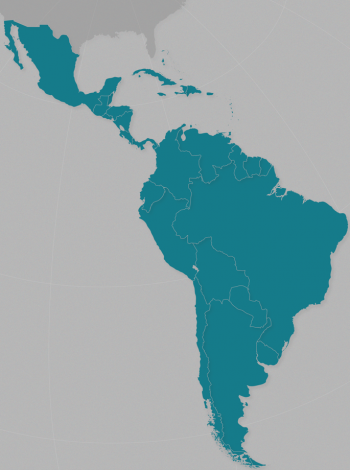On the 7th of january in 1919, the “Semana Trágica” began in Argentina when police attacked striking metalworkers in Buenos Aires, killing five, after workers set the police chief’s car on fire. The city was quickly placed under martial law.
The “Semana Trágica” (Tragic Week in English, not to be confused with the Spanish Tragic Week) was the violent supression of a general workers’ uprising, beginning with the attack on January 7th. In addition to the actions of the police and military, right-wing vigilantes launched pogroms against the city’s Jews, many of whom were not involved, in order to suppress the rebellion.
The conflict began as a strike at the Vasena metal works, an English Argentine-owned plant in the suburbs of Buenos Aires. On January 7th, workers overturned and set fire to the car of the police chief Elpidio González. Militant workers also shot and killed the commander of the Army detachment protecting González. Following this, police attacked, killing five workers and wounding twenty more.
On the same day, maritime workers of the port of Buenos Aires voted in favor of a general strike for better hours and wages. After the police attack at Vasena, a waterfront strike began: all ship movements, and all loading and unloading, came to a halt.
Rioting soon spread throughout Buenos Aires, and workers battled with both state and right-wing paramilitary forces. Police utilized members of the far-right Argentine “Patriotic League”, who targeted the city’s working class Russian Jewish population, which they associated with the rebellion, beating and murdering many uninvolved civilians.
On the 11th, the city was placed under martial law, and the military restored control over the city over the next several days. Estimates of the death toll range from between 141 to over 700. The United States embassy reported that 1,500 people were killed in total, “mostly Russians and generally Jews”
La Semana Trágica - el historiador

Megathreads and spaces to hang out:
- ❤️ Come listen to music and Watch movies with your fellow Hexbears nerd, in Cy.tube
- 💖 Come talk in the New Weekly Queer thread
- 💛 Read and talk about a current topics in the News Megathread
- ⭐️ September Movie Nominations ⭐️
reminders:
- 💚 You nerds can join specific comms to see posts about all sorts of topics
- 💙 Hexbear’s algorithm prioritizes comments over upbears
- 💜 Sorting by new you nerd
- 🌈 If you ever want to make your own megathread, you can reserve a spot here nerd
- 🐶 Join the unofficial Hexbear-adjacent Mastodon instance toots.matapacos.dog
Links To Resources (Aid and Theory):
Aid:
Theory:


BAAAAAAAAAACK.
Cuba was amazing and reinvigorated my belief in the revolution. Met up with a friend of ours who lived in Guatemala briefly before moving back. From him I was able to meet other comrades and spread the word of NATO Leftists and their kind. Americans are annoying as fuck and ask invasive questions all the god damn time. You don’t answer and they immediately assume it’s because you fear the government.
It’s actually embarrassing how much better shape it’s in than Guatemala despite the sanctions. Crime is significantly lower, lgbt aren’t nearly as harassed, and people overall are healthier and in better shape than our increasingly obese population.
I will personally strangle any Vaushite who tells me Cuba could be more Democratic. They should maybe try pushing the Cuban lgbt legislation they like so much in their own states and see how well that goes in their “democracy.”
Edit: Finally saw the FNAF movie on a bootleg. The story was mid but the production quality of the animatronics and restaurant were great. I wish they had shown more of that.
Wait, it’s worse in Guatemala?
Standard of living is higher and we have more updated infrastructure. The crime is much worse, lgbt hate is very strong outside of Guatemala City, and our people in the cities are having issues with obesity and unhealthy living that is worse than what I saw in Cuba. It doesn’t help that we’re also caught in a drought effecting most of our crops because of climate change.
I suspect many euros and american euros don’t understand the profound effect drought (and too much rain) has on politics and economy, and consequentially people’s standard of living.